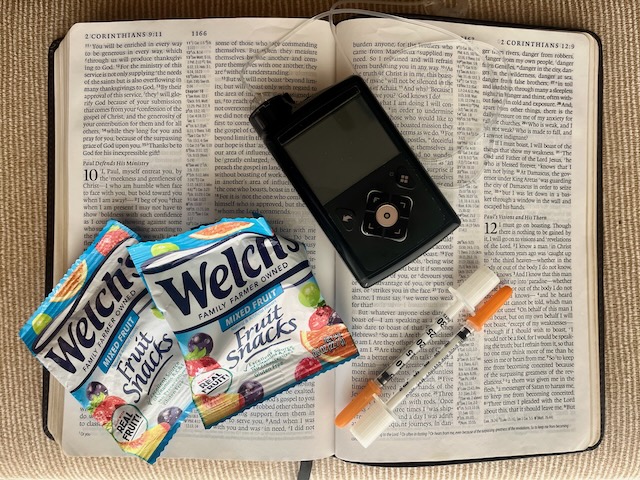Sleepy, shaky, and sluggish, I glanced over, and the sensor read 54 and an arrow going down. Reaching toward the box of fruit snacks near the bed, I sit up, open two packets and fill my mouth with artificial fruit flavors. I look at the battery powered alarm clock on the table. Four A.M. Low blood sugar has no care for the time of day.
As a type one diabetic, episodes like this one are a part of normal life. It’s a life mixed up with unpredictability, illogical rises and falls, and days of steady levels, easy and simpler. Ever since the time I could remember, I had type one diabetes and I sensed God’s call to serve overseas. For a long time, these two realities seemed to be against one another; one seemed like a barrier for the other.
As disciples of Christ, He calls us into the joyful task of making disciples of all nations. All believers, to some extent, are called to this work. Yet, God also allows us to walk with limitations that seem, to us anyway, to hinder our effectiveness of this work. Illnesses, like type one diabetes, or any other obstacle of a similar kind, do not dampen our ability to obey the Great Commission. In this vein, I want to share with you four realities that shape the way we can joyfully and obediently follow Him in spite of difficulties we live with.


